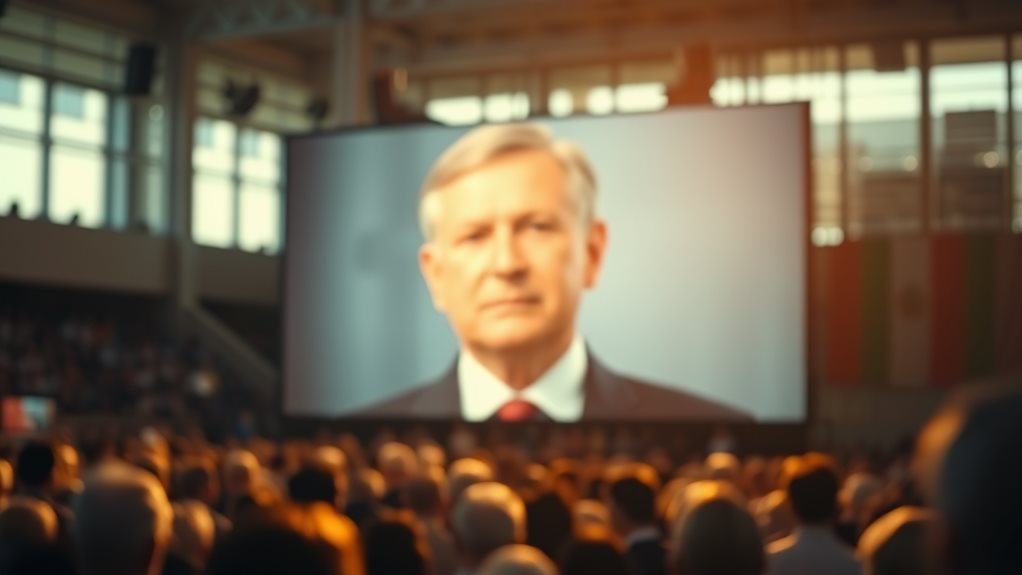Starting an adult shop can be a profitable business venture, but it carries special legal implications that set it apart from other retail operations. As it deals with products like sensual toys, sexy apparel, and adult videos, entrepreneurs must be diligent in understanding local, state, and federal laws to stay compliant and run their shop lawfully. This article covers the key legal factors you need to consider before starting your adult business.
Legal Limits on Adult Store Locations
Finding a compliant site for your store is among the first major legal steps. Zoning codes from municipalities often regulate that limit placement of adult-oriented shops. These laws are meant to separate adult shops from homes, schools, and religious sites.
>>>
https://shopvochong24h.com/bao-cao-su-don-den
>>>
https://shopvochong24h.com/do-choi-tinh-duc
Before you sign a lease or purchase a property, check with your local zoning office or city planning department to see if adult business operations are allowed. Some areas may ask for community feedback before granting approval, while others might regulate how close adult stores can be to each other.
Licensing Requirements for Adult Retailers
Every retail business, including adult shops, must obtain valid licenses. However, sex-related stores may be subject to extra licensing due to the nature of the merchandise. These may include:
- a general business license
- special permits for sexually themed businesses
- state or local sales tax licensing
- approval for store signs
The requirements depend heavily on where you operate. Failing to obtain the necessary approvals may lead to penalties or shutdowns. It’s crucial to consult with municipal authorities for a complete list of necessary permits before opening.
Complying With Obscenity and Content Laws
Adult shops are governed by standards around obscene materials that define what is considered offensive or illegal content. These laws are not the same across regions. Materials that are flagged as explicit or inappropriate could be restricted based on local norms.
To avoid legal issues, shop owners should learn how courts evaluate explicit content, which is used to decide if material is legally offensive. It looks at community standards, offensive content, and lack of value.
Age Limits for Entry and Sale
Strict age restrictions apply to both employees and customers. All customers must be at least 18 years old, and in some areas, you might need to check for 21+. It’s essential to ensure a solid system for verifying age, including ID checks at the door or point of sale.
If your store offers products through a website, be sure your website includes proper age verification tools and disclaimers. Failing to restrict access appropriately can lead to severe penalties and potential lawsuits.
Marketing and Advertising Restrictions
Marketing an adult business has limitations you must understand. Many localities restrict how adult stores can advertise, including bans on certain types of promotions or signs. For example, some cities prohibit sexually explicit images in window displays or limit store branding.
Before launching advertising push, consult the legal advertising codes. Violating these rules can bring penalties and community backlash.
Conclusion
Launching this type of business demands more than standard preparation. Navigating the legal landscape is key to staying open and profitable. From zoning regulations to age restrictions, every rule you follow protects your investment. Consulting with a lawyer experienced in the adult industry can help guide your business in the right direction from the start.
